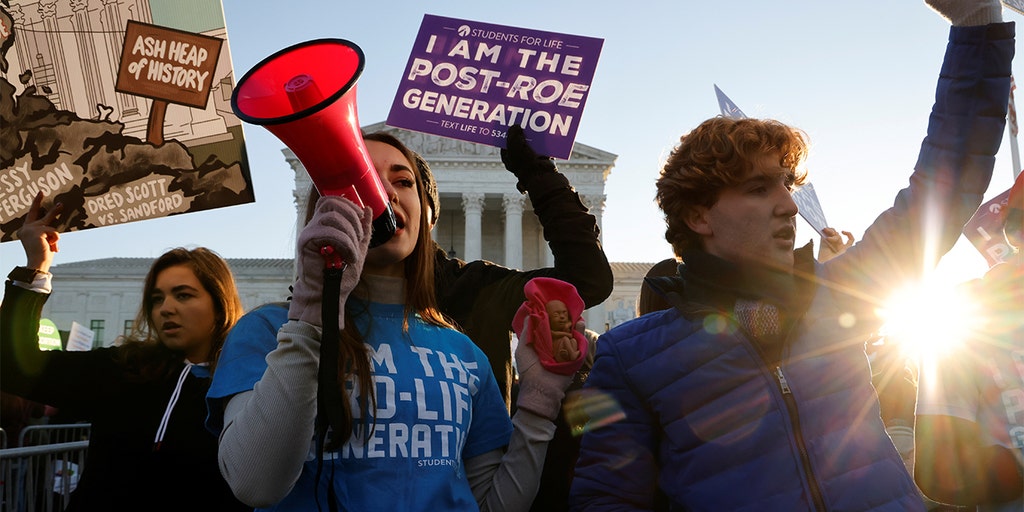Navigating a Sensitive Listing: Pro-life Organization Contemplates Legal Steps
A pro-life group, deeply troubled by their inclusion in a national database designed to track extremists, is contemplating legal avenues to address what they perceive as a wrongful association. This listing in the “Profiles of Individual Radicalization in the United States” (PIRUS) database has stirred a strong reaction among the group’s members, who believe that their peaceful advocacy for pro-life positions does not align with the extremist activities cataloged alongside them.
 A pro-life group objected to being categorized alongside extremist organizations in a list. (REUTERS/Jonathan Ernst)
A pro-life group objected to being categorized alongside extremist organizations in a list. (REUTERS/Jonathan Ernst)
A Question of Extremism: SFLA’s Inclusion in a Broad-Spectrum Database
The database, managed by the University of Maryland’s National Consortium for the Study of Terrorism and Responses to Terrorism (START), features over 3,500 entries, documenting a range of extremist ideologies from the far-right to the far-left, as well as Islamist and single-issue movements. The inclusion of Students for Life of America (SFLA) has sparked a debate over the criteria used to categorize organizations and individuals as extremists. The group argues that their advocacy work, focused on pro-life issues and carried out through peaceful means, should not be equated with the violent actions of other entities listed.
 Authorities apprehended pro-life demonstrators in August 2020 for using chalk outside an abortion facility in Washington, DC. (Alliance Defending Freedom)
Authorities apprehended pro-life demonstrators in August 2020 for using chalk outside an abortion facility in Washington, DC. (Alliance Defending Freedom)
Legal Actions and Broader Implications
Prompted by their controversial listing, SFLA took decisive action by issuing a cease-and-desist letter to START, asserting that their portrayal as extremists could tarnish their reputation and adversely affect their advocacy efforts. This move led to their removal from the database in April, following what START described as routine updates. However, the incident has left lasting concerns about potential reputational damage and has raised broader questions about the implications of such listings for legitimate activist groups.
 Pro-life activists gathered at the Supreme Court. (Fox News Digital)
Pro-life activists gathered at the Supreme Court. (Fox News Digital)
To provide a balanced view, it’s essential to consider the complexity of monitoring extremism while respecting lawful activism. An exploration of the methods and transparency of START’s criteria for inclusion could be beneficial in ensuring that future listings do not unfairly target groups based on their political views alone. Additionally, this situation highlights the need for clear communication and procedural fairness in how organizations are evaluated and listed, ensuring that advocacy groups have recourse to challenge their inclusion if it is in error.
